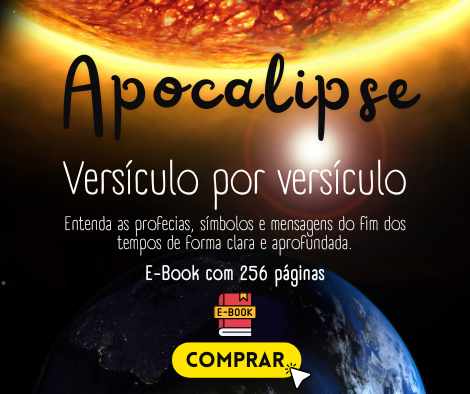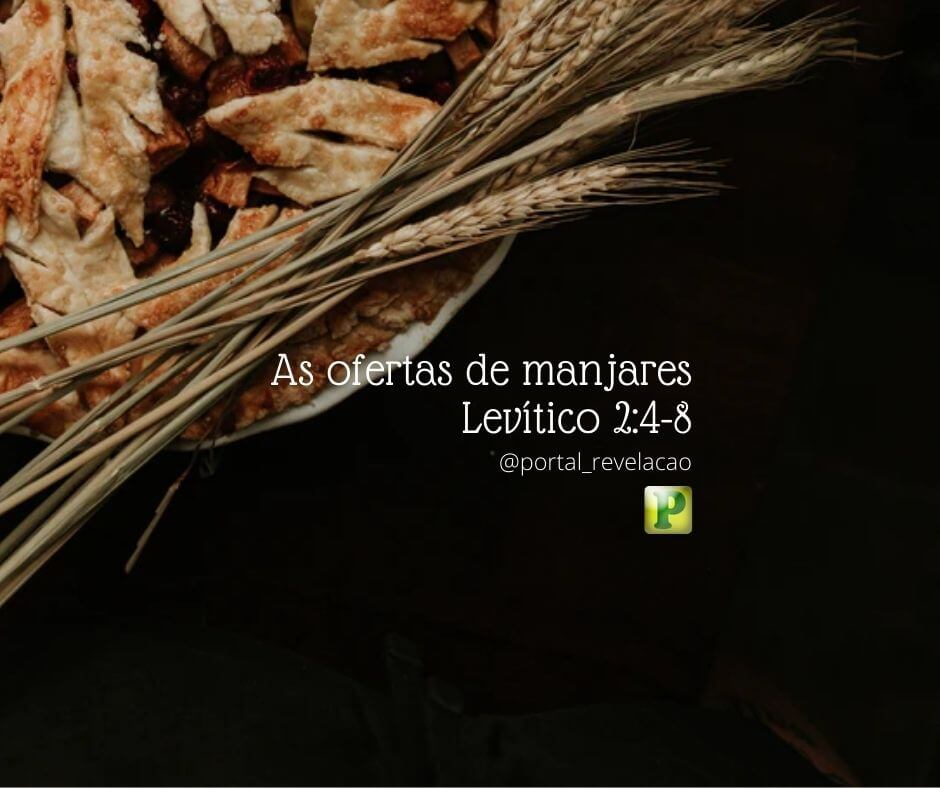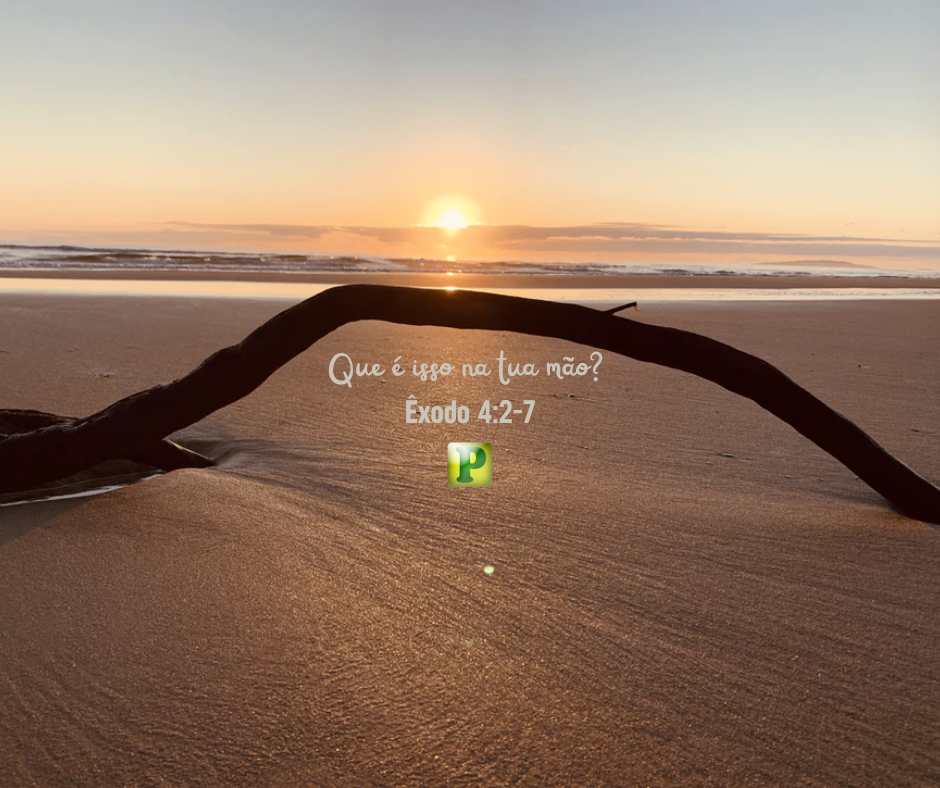God’s recipe for perplexity – Preaching
Preaching Outline on Exodus 14:13-15 – But Moses said to the people, “Do not be afraid; stand still and see the deliverance of the Lord which he will give you today; for the Egyptians whom you saw today you will never see again. The Lord will fight for you, and you shall hold your peace. Then the Lord said to Moses, “Why do you cry out to me? Tell the children of Israel to march.
Table of contents
Introduction to Exodus 14:13-15
A careful study of the path along which the Lord led the people of Israel provides an enlightening and fascinating picture. Exodus 12:37 reports that God led the people of Israel from Rameses, north of the Nile delta, to south of Succoth. In fact, they were in the desert, beyond Etham, when God gave Moses a surprising instruction: “Speak to the children of Israel to go back and encamp before Pi-Hairoth, between Migdol and the sea” (Exodus 14: 2).
The people were to return north and then west, back to Egypt. The Lord explained to Moses the deepest reason for this strange and incomprehensible setback. “Then Pharaoh will say to the children of Israel, ‘They are disoriented in the land; the wilderness has shut them in.
I will harden Pharaoh’s heart so that he will pursue them, and I will be glorified in Pharaoh and in all his army; and the Egyptians will know that I am the Lord” (Exodus 14: 3-4). And so would the people of Israel! The Lord was about to perform a miracle that would become a sign of his power for all generations.
Development
The Israelites were instructed to return to Egypt, circling what at that time were the Bitter Lakes, heading south towards Pi-Hairote, one of the meadows to the west of the lakes; from there to Migdol, a tower and outpost of Egyptian troops.
The people were surrounded by the mountains, the garrison of Migdol on one side and the extremities of the northern side of the Red Sea on the other. At the sight of the cloud of dust from Pharaoh’s chariots, moving across the meadows of the only open area, they panicked. The people would be caught in a trap. A situation of despair and perplexity, a “dead end”. And to think that the Lord had led them there!
Imagine the situation: Moses couldn’t go south because of the mountains, or west because of Pharaoh’s approach, or north because of the garrison at Migdol, or east because of the sea. Exodus 14: 9, 10 makes the situation clear for the Israelites. “The Egyptians pursued them, all Pharaoh’s horses and chariots, and his horsemen and his army, and overtook them encamped by the sea, near Pi-Hairoth, over against Baal-zephon.
And when Pharaoh came, the children of Israel lifted up their eyes, and, behold, the Egyptians were coming after them, and they were sore afraid: and the children of Israel cried unto the Lord. ” The Israelites’ analysis of the situation was based only on human potential and not on God’s power. They were unable to perceive what the Lord was doing. In five days they had forgotten the plagues, God’s intervention and the deliverance from Egypt.
What Moses said to the people and what God said to all of them gives us five (ministry) basic points about what to do in the face of critical and hopeless situations. The five verb forms described in Exodus 14: 13-15 reveal to us, firstly, the natural, human reaction to the impossible. Next, what God wants us to do and be when we are faced with events that are impossible to deal with by human action.
Moses said to the panic-stricken people, “Do not be afraid: be still and see the deliverance of the Lord which he will give you today; for the Egyptians whom you see today you will never see again. The Lord will fight for you, and you shall hold your peace.”Then the Lord said to Moses, “Why do you cry out to me? Tell the children of Israel to march.”
Here is the recipe for perplexity:
Fear not
Moses’ first instruction to the people is “Do not be afraid”. The only way to rid ourselves of fear is to become aware of the Lord’s presence and companionship. He takes care of what is impossible for us. And not only that: God often allows this for our growth and his glory. We often reproach people for evil and blame life for what happens to us. However, we grow in grace when we believe that nothing can happen to us without the Lord’s permission. By assuming this thought and position, we can ask God for his power and intervention.
The same channel of our emotions through which fear flows can be the riverbed for trust and obedience in love. Fear is not far from faith. When we abandon fear by expressing our feelings to God, we allow faith to expel it. From then on, we can be sure that the Lord is in control and that he will not allow anything not to lead us into a deeper communion with him.
Be still
Fear makes us impatient. The tendency is to run in all directions to escape danger. Instead, “be still”. When fear engulfs us, we shouldn’t make crucial decisions or changes. First, we must allow God to quiet us, until we are sure of his presence and what he has said he will do and, in the light of that circumstance, what he wants us to do. We need God’s renewed perspective on impossibility.
See the Lord’s deliverance
God assured Moses that he would perform a great miracle. Moses was therefore expecting it. The Hebrew words here have both a retrospective and a perspectival meaning. To see the Lord’s salvation is to look at what he has already done in the past and what he promises to do in the future. Moses brings to the people’s remembrance the wonderful works of the Lord, as a sufficient basis for entrusting the present problem to Him.
Every experience in our lives is a preparation for greater confidence in the future. Too bad we forget that so quickly! The people of Israel had replaced their inner peace with panic. They saw the sea in front of them, seemingly impossible, and Pharaoh’s armies behind. They looked north, south, east and west, but they didn’t look up – to God and his faithfulness.
The only things that can harm us are those we refuse to present to the Lord. Be still and see what he will do, because we belong to him through his grace and salvation.
Shut up
This command indicates that God will fight for us. Moses’ advice was to keep quiet while the Lord fought the battle. We must not interfere in his way of doing things! Often, in conflicts, we become defensive with elaborate explanations of self-justification. Either we insist on having the last word or we fall in the battle that the Lord is winning for us.
Imagine what would have happened that day if, instead of waiting on God, the Israelites had decided to fight with Pharaoh. The Hebrew nation would simply not exist. The Israelites later cooperated with the Lord in many battles. But this time, the Egyptians were fighting God and not Israel. They were God’s problem and God was displaying his power before his people.
There is a time to be still, attentive, and watch God fight the battle for us. Some of our lost battles were never ordained for us, or else they were very special and the Lord wanted to fight them for us. Only in silence are we able to know the difference. There is a right time to act, but we can only know it in complete silence.
Jeremiah wrote in the Book of Lamentations: “It is good to hope, and to wait in silence for the salvation of the Lord” (Lam 3:26).
March
Moses showed courage and boldness in front of the people. Inside he was also trembling at the growing crisis. His efficient military training calculated the movement and power of Pharaoh’s armies. Moses looked at his ill-prepared and disorganized men. Then he looked to the Lord. His prayer was not recorded in the Word. But he must have said: “Lord, what should I do? The people are panicking. Their fear influences me more and more. God help me!”
The Lord’s response is surprising. He is not impressed by Moses’ prayer. “Why do you cry out to me? Tell the children of Israel to march”. Forward! But, Lord, which way? We are blocked on all sides. Was God testing Moses? It’s unlikely. In fact, he was teaching him that both direction and power are given at the right time. Never too early or too late. The specific form of the vision must be revealed. The soul’s only move is forward.
It was time for the Lord to tell Moses how and which way to go. The people were told what to do in faith and Moses was told what to do in obedience. And God assured him of what he would do in response. Moses’ rod, which had become God’s rod, became an instrument of magnificent power. The Lord said: “And you, lift up your rod and stretch out your hand into the midst of the sea and divide it, so that the children of Israel may pass through the midst of the sea on dry ground. Behold, I will harden the hearts of the Egyptians, that they may go after it and enter it; I will be glorified in Pharaoh and in all his army, in his chariots and in his horsemen” (Exodus 14: 16, 17).
The cloud that had led the people to this place of impossibility now passed behind them, separating them from the Egyptians who were advancing rapidly. The Lord’s protection hid them from Pharaoh for a day and a night. The Scriptures imply that this happened on the night Moses was persuaded to follow the Lord’s mysterious instructions. “Then Moses stretched out his hand over the sea, and the Lord caused the sea to be driven back by a strong east wind all that night; and the sea became dry ground, and the waters were broken up. And the children of Israel went into the midst of the sea on the dry ground; and the waters were a wall to them on their right hand and on their left” (Exodus 14: 21, 22).
We know what happened…
When the cloud of protection, which had hidden Moses and the Israelites, lifted, they were right in the middle of the sea, close to the other shore. Pharaoh was overcome with compulsion and blind rage. He could have waited and taken a longer route around the sea. Instead, he ordered his troops and chariots to enter the passage, such was his arrogant confidence that Ra (the sun god) was greater than the Lord. His confidence was contradicted when the bottom of the sea, which had hardened by miraculous action for the Hebrews, became soft again and yielded to the wheels of the chariots.
When the army was completely inside the pass, Moses was given clear orders: “Stretch out your hand over the sea, that the waters may come back upon the Egyptians, upon their chariots and upon their horsemen” (Exodus 14:26). It happened, in full, as the Lord promised. The waters returned and Pharaoh’s army drowned. The Lord of the impossible saved the people of Israel. “And Israel saw the great hand which the Lord had shown to the Egyptians; and the people feared the Lord, and believed in the Lord, and in Moses his servant” (Exodus 14: 31).
Conclusion of Exodus 14:13-15
The same God who did the impossible by opening the sea is the Lord who came and lived among us. The Lord Jesus, in declaring who he was – God with us, boldly used the words I AM. And Calvary was the place where he parted the waters of death so that we could cross over to eternal life.
All of God’s power rested in Jesus and that same power is available to us through his living, ever-present presence. We have more than a burning bush, more than an opening of the sea, more than a memory. Time and memory fade, but the Lord is the same yesterday, today and forever.
Amen.
Preaching Outline on Exodus 14:13-15 – But Moses said to the people, “Do not be afraid; stand still and see the deliverance of the Lord which he will give you today; for the Egyptians whom you saw today you will never see again. The Lord will fight for you, and you shall hold your peace. Then the Lord said to Moses, “Why do you cry out to me? Tell the children of Israel to march.






